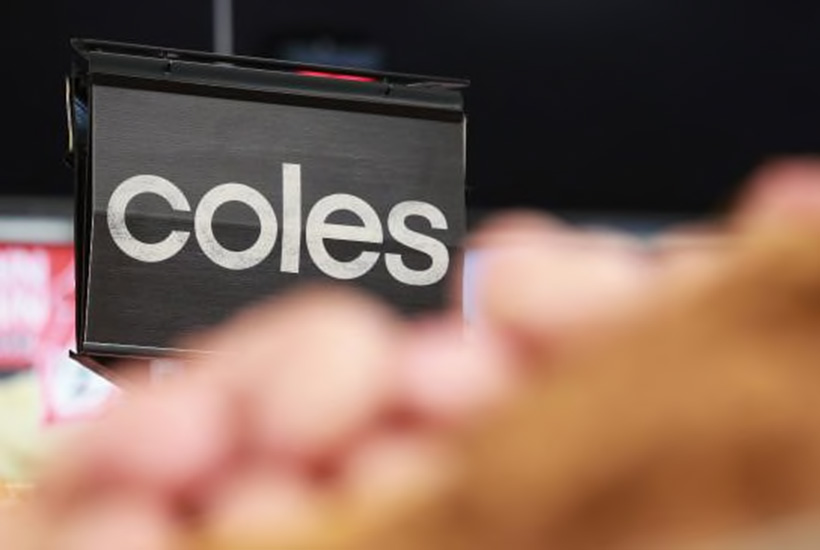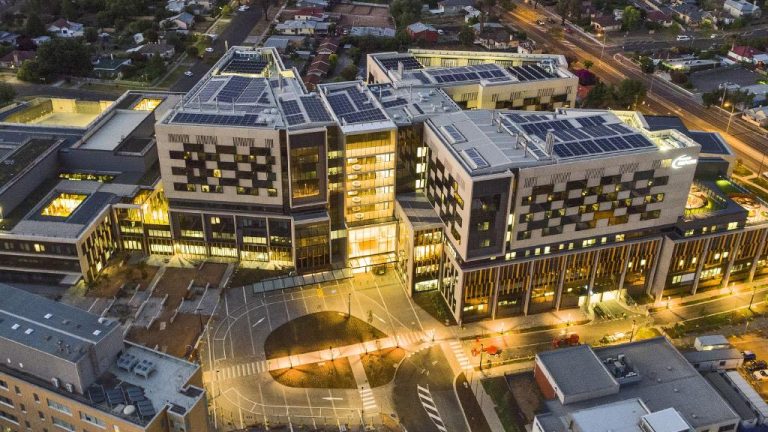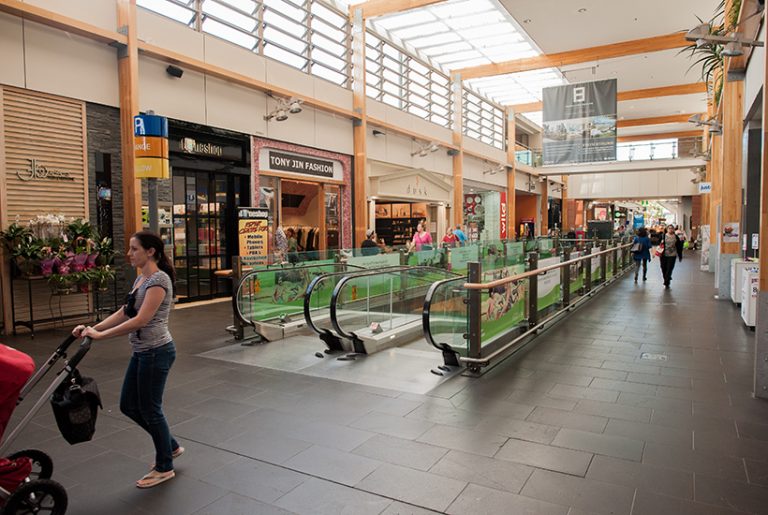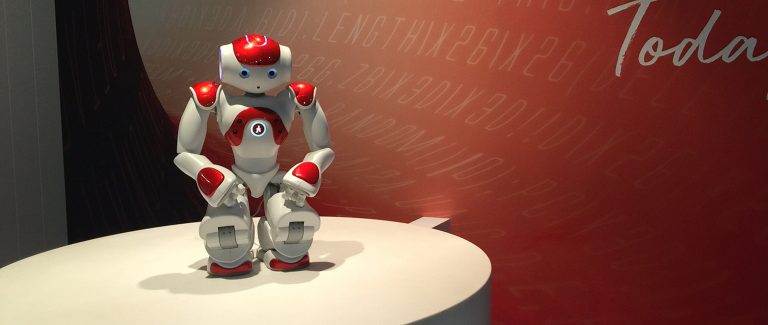Coles to usher in new robot age

The robots are coming to supermarket operator Coles.
The freshly spun-off retailer has taken a leap into the future, unveiling a plan to develop fully automated distribution centres for its key markets in Queensland and NSW.
The $1 billion warehouses will sport the latest technologies and represent one of the country’s largest commitments to automated distribution.
Commercial Insights: Subscribe to receive the latest news and updates
Supermarket rival Woolworths has invested in a heavily automated distribution centre in Melbourne but Coles is focused further north. It will roll out new facilities at Redbank in Queensland and Kemps Creek in western Sydney. They will be built by industrial property powerhouse the Goodman Group, which will also work with Brickworks in Sydney, with Coles to take long leases at both properties.
Coles has tapped the local unit of Germany’s WITRON Logistik + Informatik to develop the two new automated distribution centres.
Coles chief executive Steven Cain says the deals take the retailer a “step closer” to modernising its supply chain.
He cited “lower supply chain costs” and enhanced “overall business competitiveness”, which will help as the company deals with offers from aggressive entrants including Aldi, Costco and Kaufland.
Coles will pour about $950 million into the two projects over the next six years.
Greg Goodman, chief executive of warehouse major Goodman Group, is a big believer in the shift to automated facilities, spruiking futuristic multi-storey, robot-run facilities to investors at the group’s latest meeting.
“More than $94 billion is expected to be invested in robotics worldwide by 2025. For our customers, who are investing heavily in technology, having high-quality industrial facilities that are designed to house this investment and that are close to consumers is a key component of their strategy,” he says. “As customers continue to increase investment in the evolution and efficiency of their supply chains, the demand for high-quality industrial facilities in key urban centres continues to grow.”

Coles is set to increase its use of robots across the business.
While robots won’t stack the shelves at the supermarket chain they are becoming more important at the back end of supply chains, particularly in highly-competitive areas like fresh food.
JLL director of research Sass J-Baleh says that larger players like Coles and Woolworths are announcing huge investments in modern centres as they address online retail and sharpen up their supply chains.
“That demonstrates the confidence of those players in the fruit and vegetable category,” she says.
But she questions whether full automation will be put in place in different industries. “You’ve got some rare cases popping up … but it is not yet feasible more widely,” J-Baleh says, citing Australia’s low population and lack of volume in most sectors.
The downside to automation is fewer employees. As part of the Coles deal, the retailer says it is taking a $146 million provision in its upcoming interim results.
The provision Coles has announced will cover both redundancies and lease exit costs for existing distribution centres that will be closed over the next five years.
Offshore, online retail giant Amazon is leading the charge into robotics — it has more than 80,000 robots in about 120 of its fulfilment centres across the US.
Transportation group DHL’s innovation centre has also forecast that robots will slot into all aspects of supply chains right down to local last mile delivery hubs.
But locally, despite the global hype, robots can’t perform all tasks and show little sign of displacing people from more complex tasks despite their increasing sophistication.
“I don’t see full automation as a wider trend, it is more blended automated warehouses,” J-Baleh says, adding that operators still require human input to their businesses.
Local experts agree that using robots in warehouses is not yet a common practice in Australia, although more sites are combining robots and humans.
Industrial real estate group LOGOS developed such a facility for Asahi Beverages in Queensland in 2017, says Savills Queensland director of industrial and business services Callum Stenson. Experts say that partly automated warehouses are also popping up in Sydney.
However, the move by Coles will likely be copied by companies that need to get their goods to market quickly.
Colliers International director of research Alex Pham says new technologies in automation, robotics, autonomous vehicles, big data and artificial intelligence are helping businesses to scale up faster.
“Retailers and distributors can now target customers more effectively and timely with real-time shipment systems and on-demand inventory predictive technology,” he says.
But the best technologies don’t come cheap.
This article originally appeared on www.theaustralian.com.au/property.







